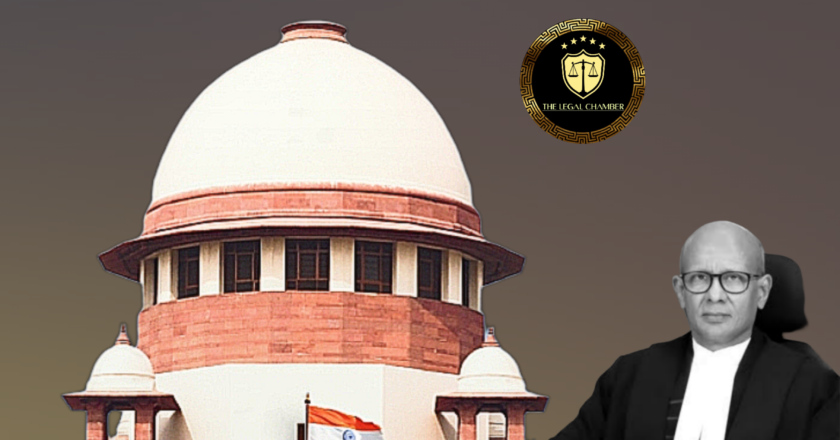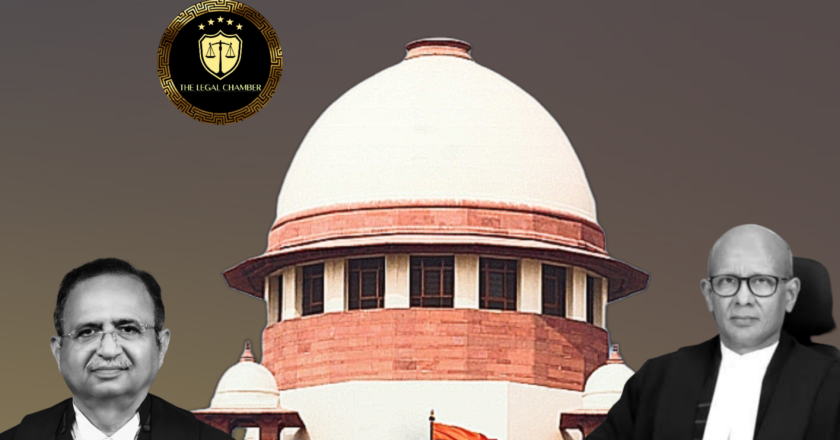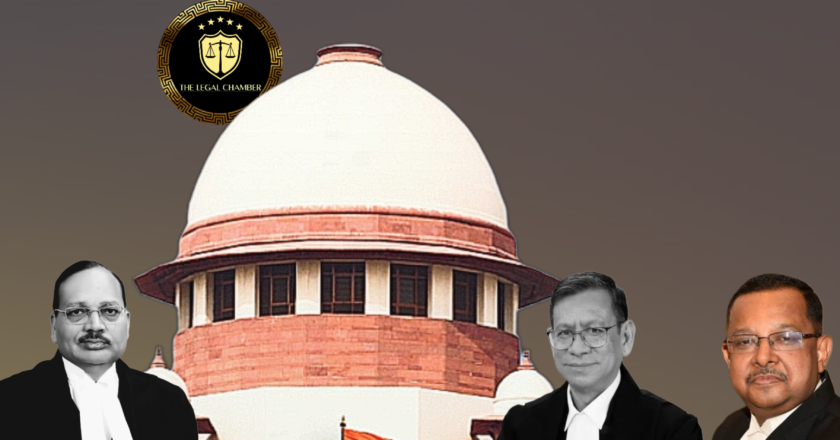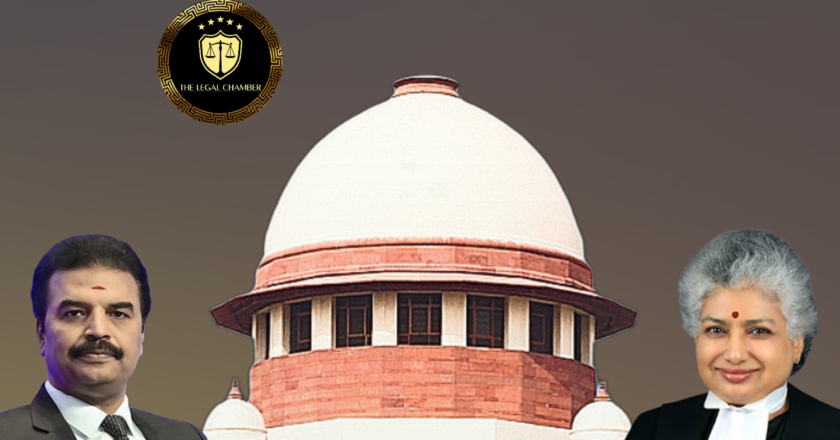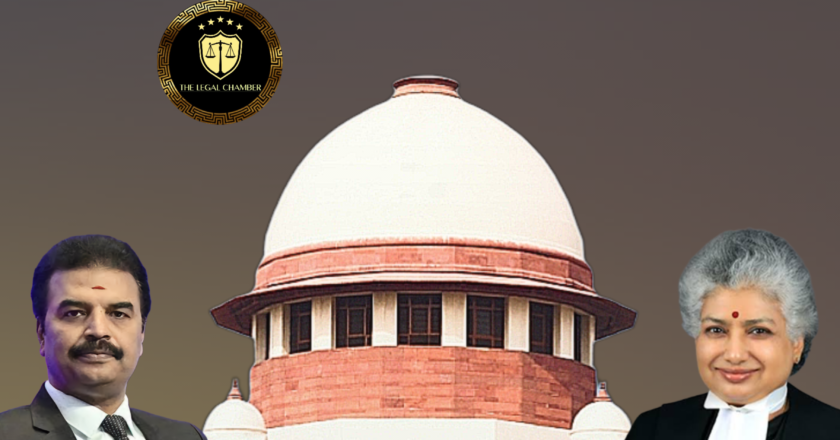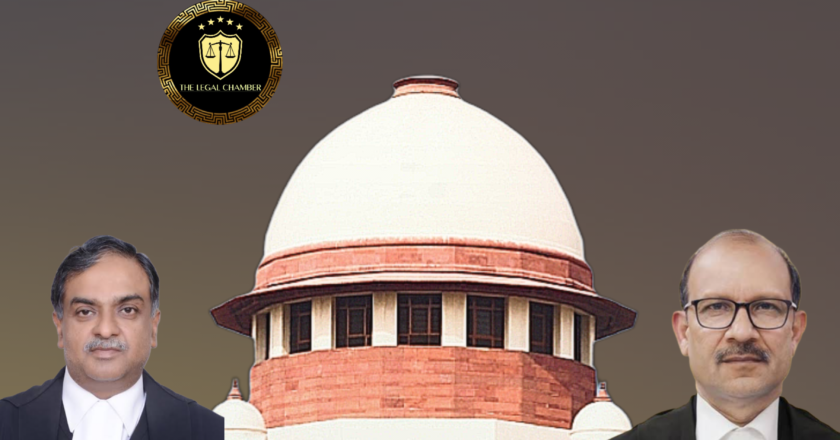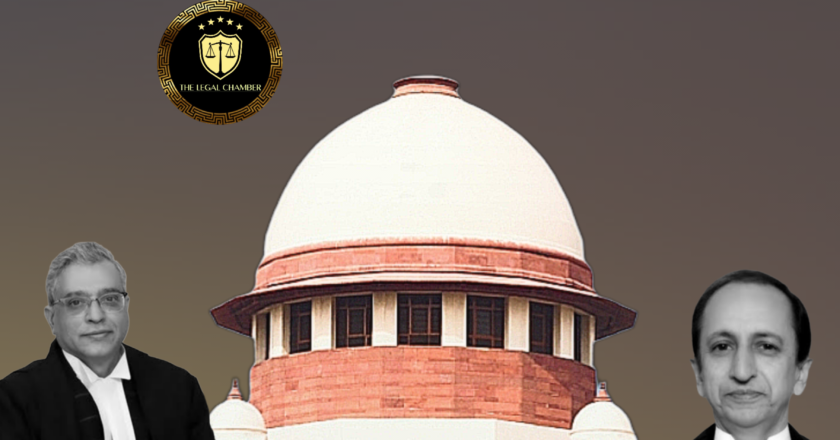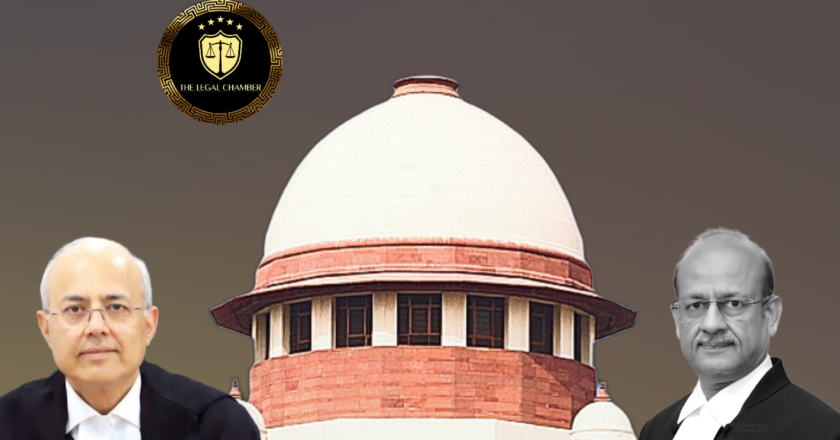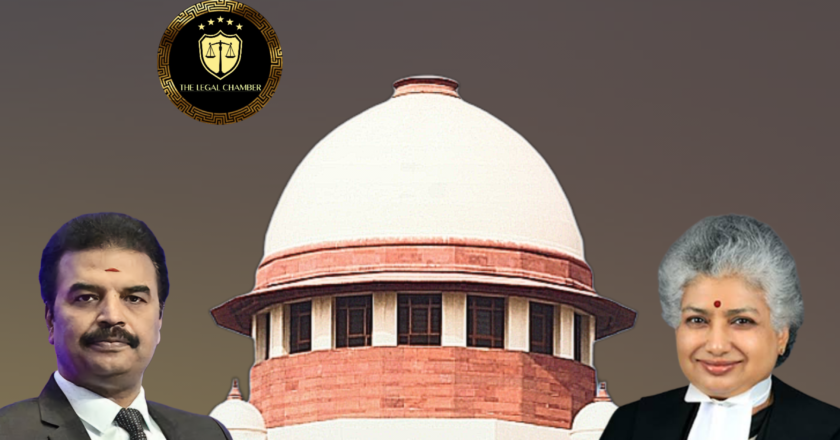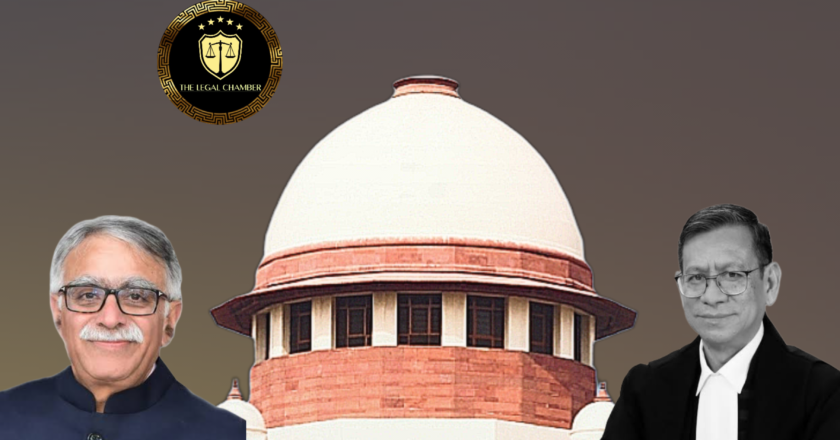CPC Order XXI Rule 90(3): Supreme Court Clarifies Time-Bar for Challenging Execution Sales
The Supreme Court held that Order XXI Rule 90(3) CPC bars judgment debtors from challenging an execution sale on grounds they could have raised before the sale proclamation was drawn up. Failure to object to the sale of an entire property, rather than a sufficient part, at the appropriate stage precludes a subsequent challenge under Order XXI Rule 90.
Facts Of The Case:
In 1995, decree-holder Rasheeda Yasin filed a suit for recovery of ₹3.75 lakhs against Komala Ammal and her son K.J. Prakash Kumar. An ex-parte decree was passed in 1997. Execution proceedings began in 1998 to attach and sell the judgment debtors' property—a house and site in Chennai. After multiple unsuccessful auctions due to high upset prices, the court, upon the decree-holder's applications, progressively reduced the ...
